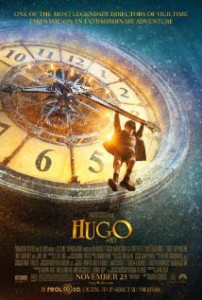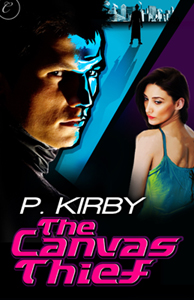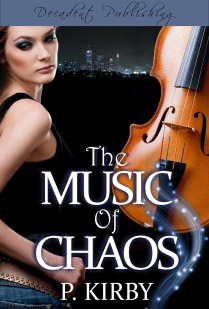 “…it was a very long, very french tongue bath for some creator of silent films..” ~a comment on a review at Rotten Tomatoes.
“…it was a very long, very french tongue bath for some creator of silent films..” ~a comment on a review at Rotten Tomatoes.
To some extent, that assessment isn’t off-base, although a big part of the slobber on Hugo comes courtesy of critics who would cheer for a film about paint drying, if it were directed by Martin Scorsese.
Which isn’t to say that Hugo is a bad movie. I liked Hugo. I didn’t love it, but it was a pleasant way to spend an evening. It’s pleasant like a perfectly toasted slice of bread with a bit of butter and fresh strawberry jam is pleasant. It makes for a nice breakfast, but deep down, you’d really prefer a breakfast burrito, loaded with cheese, chile, potatoes and eggs.
I had no particular expectations for the film, but those who approach it thinking it will be a children’s fantasy featuring a boy and his magical automaton, will be disappointed. Hugo is, by and large, a quiet little story about a cranky and clinically depressed film maker, who is pulled from his doldrums by an orphan with a gift for repairing mechanical devices.
Once upon a time, Hugo Caberet (Asa Butterfield) was a happy young lad whose father (Jude Law), worked in a museum, maintaining and repairing mechanical gadgets. The apple didn’t fall far from the tree, and Hugo inherited his father’s aptitude for gadgets.
No one but Hugo and his dad are interested in the mysterious metal automaton that has been donated to the museum. Repairing the automaton becomes a father-son project. And then Dad is charred to crisp by a mysterious fire. (His ending is rather spectacular; so much so that it leaves a weird sense that maybe, just maybe, someone should be more interested in the manner of his death. Yo, Sherlock, Watson’s dead! )
Hugo is then handed over to his drunken uncle who works for the Paris train station, keeping the clocks wound and in working order. Pretty soon, uncle wanders off to die in the gutter, and Hugo is left to keep the clocks running. Orphaned once again, he has to scrounge food from the vendors who sell their wares in the station. Keeping watch over all this is the Station Inspector (Sacha Cohen Baron) who has a particular dislike for urchins. In addition to doing his uncle’s job, and evading the Station Inspector, Hugo is still trying to get the automaton running. Doing so entails stealing parts from a toy maker’s stall. When the toy maker, George Melies (Ben Kingsley) catches him, Hugo is forced to turn over not only his stolen bits and bobs, but also his father’s notebook, which contain his notes and drawings regarding the repair of the automaton. Which leads us to quest number one: getting back the notebook. Along the way, Hugo is befriended by George’s goddaughter, Isabelle (Chloe Moretz), a book lover who dreams of adventure. Together they find a way to get the automaton working and discover its connection to early movie making and George.
Visually, Hugo is a delight, particularly the clockwork underbelly of the train station with its cogs, gears, and steam that pours from every crack and opening. Though the story isn’t fantasy, at times it picks up elements of magical realism, notably when the automaton finally works, and later, when the Hugo and Isabelle find George’s old cinematic designs, the sketches fluttering around the room in a cloud of imagery, some animated and brilliant with color.
Hugo is clearly Scorsese’s homage to film history, and that’s where it really shines, with its backstage glimpses of the processes that brought the first silent films to life. As a testimony to the value of saving old films, it is effective.
Unfortunately, Hugo stumbles, or rather shuffles slowly, when it comes to pacing. If Hugo, were a novel, it would be an overwritten tome from a bestselling author who has been overindulged by her editor; filled with tedious description of everything from the color of a coat’s buttons to how the protagonist brushes his teeth. Hugo does this with its sometimes awkward dialogue and over-reliance on pretty cinematography.
Frankly, Asa Butterfield’s performance is…well, like the toast I mentioned above. The problem is that while he is reminiscent of a younger Elijah Wood, with his pale skin, blue eyes and dark hair, Butterfield’s performance is just shy of flat. I don’t know whether the problem is direction or the actor himself. Interestingly, his co-star, Moretz, possesses the same charm she exhibited in Kick-Ass, only without the cursing and penchant for violence. At times, she easily steals the show, leaving the sense that maybe the story chose the wrong protagonist.
Hugo is worth watching, if only for its gorgeous visuals and the glimpses into cinema’s early history, but its ponderous pacing makes it difficult for viewer to suspend disbelief and feel the movie’s magic.


